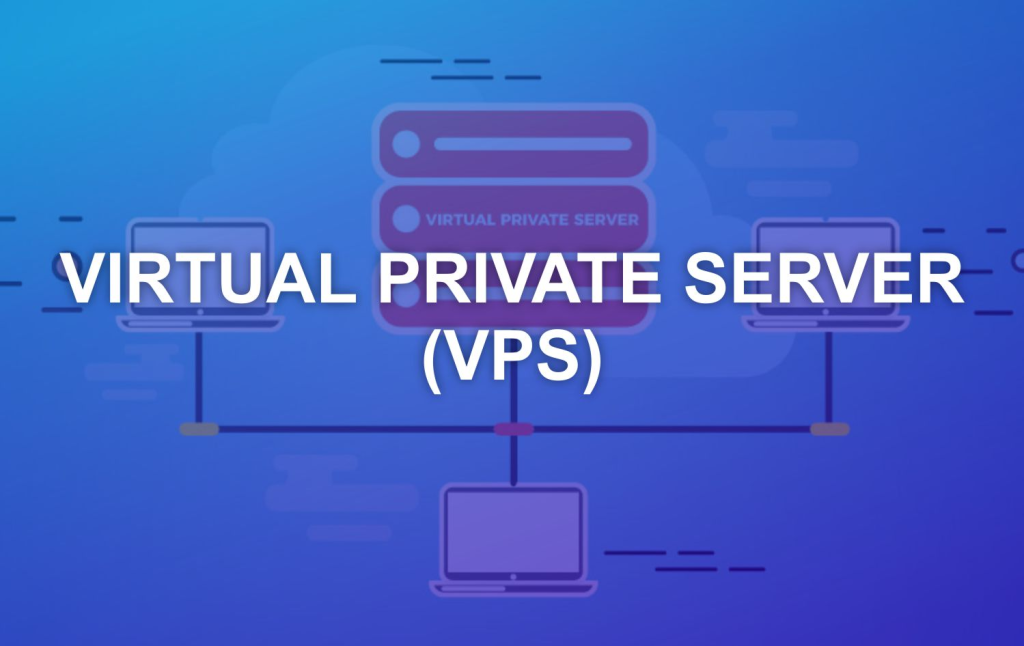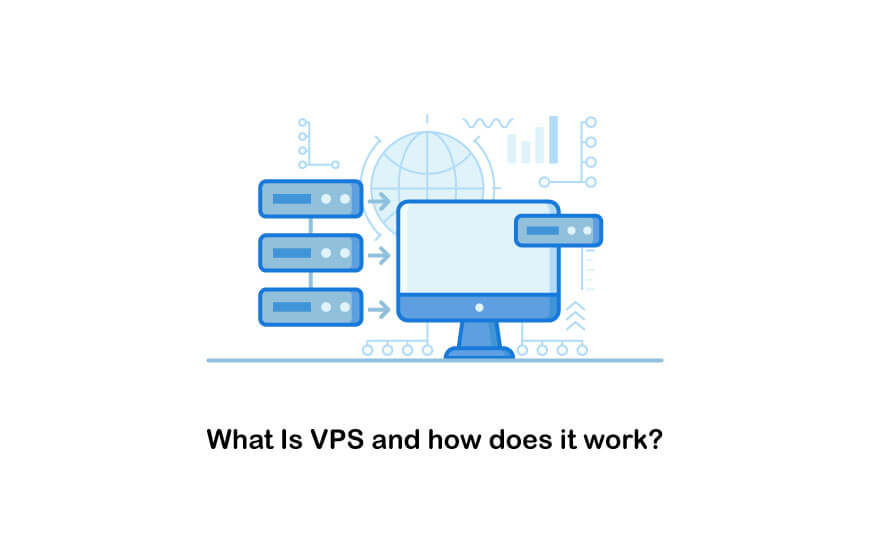Table of Contents
What is Virtual Private Server ?

A Virtual Private Server (VPS) is a virtualized server that mimics a dedicated physical server within a shared hosting environment. VPS hosting provides users with more control and customization than shared hosting, making it a popular choice for businesses, developers, and individuals needing greater resources and flexibility.
How VPS Works
- Virtualization Technology: A physical server is divided into multiple virtual compartments using a hypervisor or virtualization software. Each of these compartments functions as an independent server, with its own operating system (OS), dedicated resources (CPU, RAM, storage), and can be rebooted independently.
- Isolation: Each VPS operates in isolation from others on the same physical server. This ensures that issues in one VPS, such as high traffic or resource spikes, do not affect others.
- Customization: Users have root or administrative access to the server, allowing for full control over the server environment. This includes the ability to install software, configure settings, and manage security.
Key Features of VPS
1.Dedicated Resources:
- CPU: Each VPS is allocated a specific amount of CPU resources, ensuring predictable performance.
- RAM: Memory is allocated to each VPS, which isn’t shared with others, leading to more stable performance.
- Storage: Typically SSD storage, providing faster data retrieval and improved performance.
2.Scalability:
- VPS can be easily scaled up or down based on your needs. For instance, if your website or application experiences growth, you can increase resources like CPU, RAM, and storage without migrating to a new server.
3.Root Access:
- Users have full administrative or root access to the server. This allows for complete control over the server, including the ability to install custom software, configure settings, and implement advanced security measures.
4.Operating System Choice:
- You can choose your preferred operating system (Linux, Windows, etc.), depending on the software requirements and your familiarity.
5.Security:
- VPS environments are more secure than shared hosting because they are isolated from other users. You can implement custom security measures like firewalls, encryption, and regular backups.
6.Cost-Effective:
- While more expensive than shared hosting, VPS offers a middle ground between shared hosting and dedicated servers. You get dedicated resources and control at a fraction of the cost of a physical dedicated server.
7.Performance:
- VPS offers better performance than shared hosting due to dedicated resources. It’s especially beneficial for websites or applications with moderate to high traffic.
8.Customizability:
- VPS allows for significant customization, whether it’s the software stack, server settings, or security protocols. This is ideal for developers or businesses with specific needs.
9.Managed vs. Unmanaged VPS:
- Managed VPS: The hosting provider handles server maintenance, updates, and security, which is ideal for users without technical expertise.
- Unmanaged VPS: The user is responsible for all server management tasks, offering more control but requiring more technical knowledge.
10.Backup and Recovery:
- VPS services often include backup options, allowing users to restore their data in case of failure or data loss.
Use Cases for VPS
- Web Hosting: Suitable for websites that have outgrown shared hosting, offering more reliability and performance.
- Development and Testing: Ideal for developers who need a controlled environment to build and test applications.
- Game Servers: VPS can host game servers, providing the necessary resources and control for a smooth gaming experience.
- E-commerce Websites: For businesses running online stores, VPS provides the security and performance necessary for handling transactions and customer data.
- Remote Desktop: VPS can be used to create a virtual desktop environment, accessible from anywhere.
Virtual private server vs. dedicated server
When comparing a Virtual Private Server (VPS) to a Dedicated Server, it’s essential to understand their differences, benefits, and ideal use cases.
Virtual Private Server (VPS)
- Shared Environment: A VPS is a virtualized environment within a physical server. Multiple VPS instances share the same physical hardware, but each VPS operates independently with its own resources (CPU, RAM, storage).
- Cost-Effective: VPS is more affordable than a dedicated server because resources are shared. It’s ideal for businesses or individuals who need more control and resources than shared hosting but don’t require the full power of a dedicated server.
- Scalability: VPS environments are easily scalable. You can increase or decrease resources like CPU, RAM, and storage as needed.
- Performance: While VPS offers dedicated resources, performance can be affected by other VPSs on the same physical server, especially during high traffic periods.
- Control: Users have root access, allowing for customization and control similar to a dedicated server.
- Security: VPS provides a secure environment, though it’s still shared with other users on the same physical server, making it slightly less secure than a dedicated server.
Dedicated Server
- Exclusive Resources: A dedicated server means you have an entire physical server to yourself, with no sharing of resources. This offers maximum performance and reliability.
- Higher Cost: Dedicated servers are more expensive because you’re paying for exclusive access to all the server’s resources.
- Unmatched Performance: Since no other users share the server, there are no risks of performance dips due to others’ activities. This is ideal for high-traffic websites, large databases, or applications requiring significant processing power.
- Full Control: You have complete control over the server, including hardware, software, and security configurations. This makes it highly customizable to specific needs.
- Security: Dedicated servers offer the highest level of security because you’re the only one with access to the hardware. It’s ideal for sensitive data, financial transactions, or any application where security is paramount.
- Less Scalability: While you can upgrade the hardware, scaling a dedicated server is less flexible compared to VPS. It may require downtime for hardware upgrades or even migration to a new server.
Conclusion
A VPS offers a balance between cost, control, and performance. It’s ideal for users who need more than what shared hosting offers but don’t require the full power and expense of a dedicated server. With VPS, you have the flexibility to scale your resources, ensure better security, and customize your server environment to meet your specific needs.


